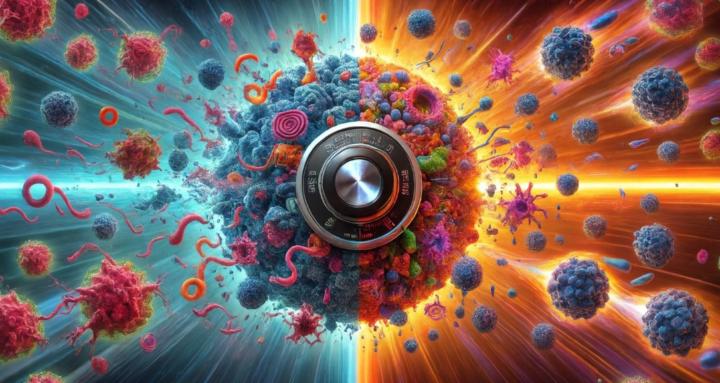Aug 1 • 🧠 Mindset & Challenges
Lemon's Stage 4 RCC Scan Results — Stability & Subtleties
Lemon P shared detailed results from their April 2025 CT and MRI scans for stage 4 RCC (renal cell carcinoma), covering renal, liver, thyroid, and brain regions. The scans showed no new sites of disease — the right renal tumor, liver lesion, and thyroid nodularity remained unchanged since Dec 2024.
While the results were largely positive, Lemon’s candid reflections on findings like mild coronary calcification and small vessel disease opened a nuanced discussion on how to interpret “stable” scans, address overlooked findings, and stay proactive in refining protocols.
✅ Key Protocol Components Shared
- Lemon revealed she doesn’t follow a single “formal” protocol but rather a layered, flexible approach:
- She is considering additional layers like CDS and continues with metabolic therapy foundations, while also navigating fatigue and brain fog.
✅ Scientific & Philosophical Insights
- Stuart Briscoe framed the scan as encouraging — proof that her current efforts are holding disease progression in check.
- Lemon underscored that “stable” is a very good outcome, even if it doesn’t feel like a victory: “The most important thing with cancer is to deter it from further growth & expansion.”
- Schayene Silva raised the possibility of mold exposure contributing to calcification and kidney cancer, sparking discussion about environmental factors and detox priorities.
- The thread highlighted the reality that different radiologists note different details, and small findings (e.g., calcification, spinal degeneration) can shift the conversation on health priorities.
✅ Practical Wisdom from Community
- Kimberly Smith, Odette Rocha, Mark Ma, Nicola Chapman and others congratulated Lemon, reinforcing the importance of acknowledging “stable” as success.
- Schayene Silva emphasized the need to test for mycotoxins if mold is suspected, while Lemon weighed the cost and practicality of such tests.
- Fitch T asked Lemon which five protocols she found most impactful — leading to a valuable list of what she prioritizes most.
- Lemon and Nicola discussed HBOT safety, with Lemon stressing that anyone with respiratory conditions must disclose them to providers.
✅ Resources & References Shared
- Lemon linked to their prior scan post for context: https://www.skool.com/cancerwarriors/scan-results-for-stage4-dec-2024
- Schayene and others discussed labs for mycotoxin testing (not yet pursued by Lemon).
✅ Key Takeaways
- Stability is a win: For many, “no change” is exactly what keeps cancer manageable long-term.
- Scan interpretation matters: Different radiologists note different findings — and “secondary” notes (like calcification or small vessel disease) may open new avenues for prevention and care.
- Environment & exposure questions (like mold) can become pivotal, but also demand time, money, and energy that not every patient has.
- Lemon’s candidness about fatigue, brain fog, and imperfect adherence reflects reality for many — and shows that progress doesn’t require perfection, only persistence.
7
2 comments

skool.com/metabolictherapy
Battle-tested vault & master resource hub for Cancer Warriors — curated, cross-checked, and structured for those committed to the fight
Powered by





